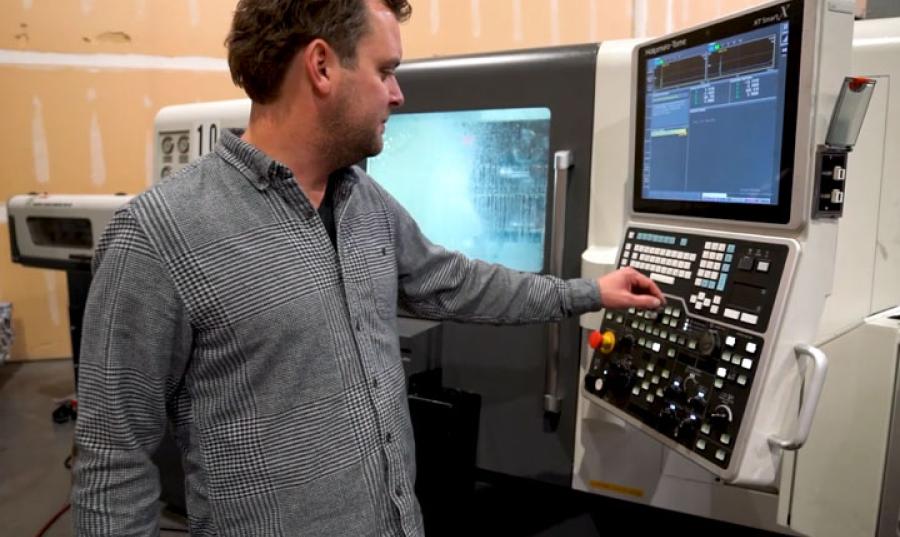
The fashion industry is one of the top 5 toxic industries in the world. Hear from Jude Neale from JN Alvit Canada, a creative manufacturer of premium craft denim and performance apparel, as he explains how innovation in this industry is centred around sustainability.
Transcription
I'm Jude Neale, CEO of JN Alvit Canada and we're a specialty textile and performance apparel manufacturer. We specialize in denim and performance finishes for woven and knitted fabric. Innovation in the past year has mainly been centred on sustainability and new manufacturinig practices.
With the lockdown, the consumer has had a lot of time to sit down and reflect on quality on life and I think that has changed their behvaiour. The effect of that has been an acute awareness of what is going on around them in terms of what impact global warming has on their lives. Climate change has effected a lot of areas in their lifestyle and I think that awareness has put a lot of pressure on business to accelerate sustainable processes and to ensure reduction in waste.
JN Alvit started on this journey of sustainability a while ago, way before the pandemic. We looked at this and saw this coming, so a lot of our changes has been towards changing the way we manufacture and, as you know, the textile industry is one of the top 5 toxic industries in the world. Changing that was paramount, so the way we process our fabrics and our jeans has changed dramatically from what we used to do 15 years ago. All our production facilities are ZDHC certified, which is zero discharge of harzardous chemicals into the environment.
Part of our sustainability efforts has been towards changing our entire production processes to ensure that the fabrics and the garments we make are highly sustainable. One example is our 'Never Fade' program, which is a program that uses smart dyes and dying techniques to ensure that garments last longer, are reusable longer and the garments incorporate recycled polyester fibre that is made from water bottles that are recovered from the ocean.
This process has been very successful for us and the product has really done well and been accepted by the consumer in the marketplace.
I'm not a fan of leapfrogging, but for manufacturers who are looking to innovate, I can understand and it is an improtant step. But I think a lot of time would need to be spent in assessing demand and making sure that demand is not transient and that it is sustainable. Once you have that, then you set your goal and you work your steps back to where you are today and then work on the next immediate step. And how you measure yourself I think would be based on how you were yesterday, not based on measuring yourself against your competition. I think those are important for manufacturers today.


